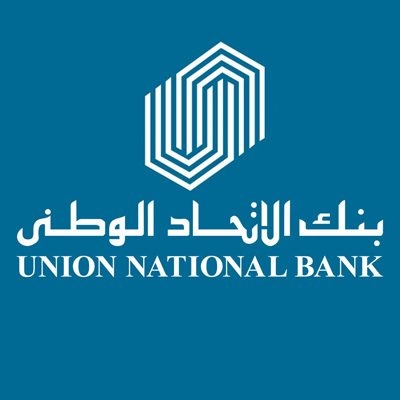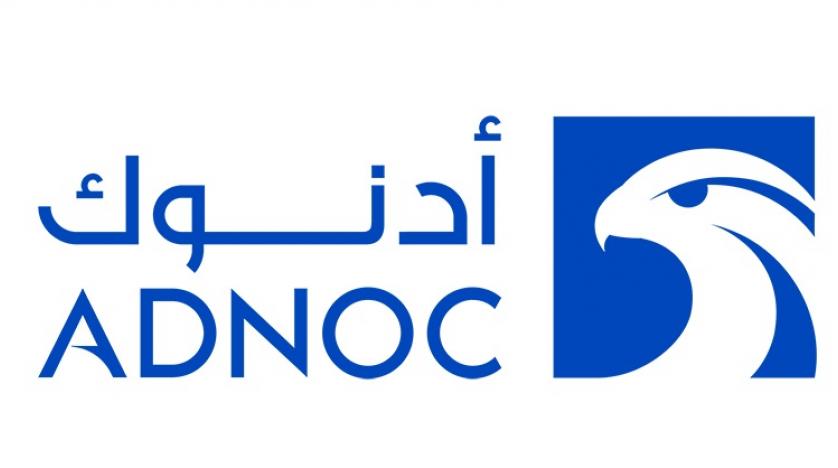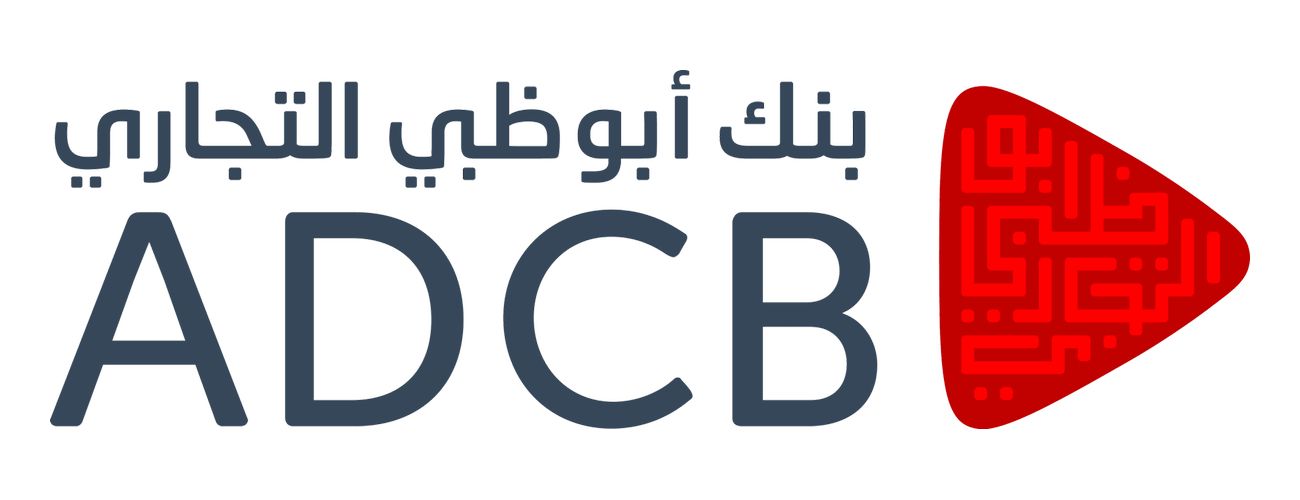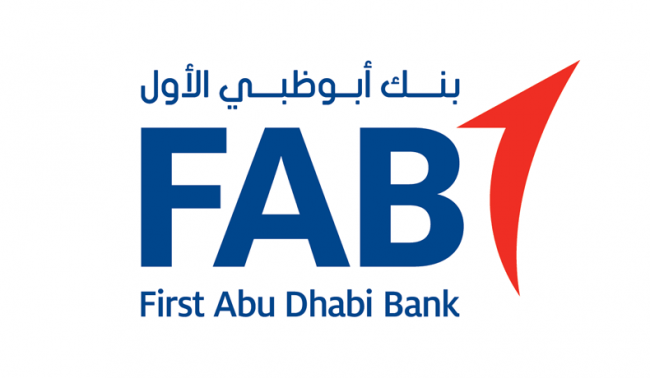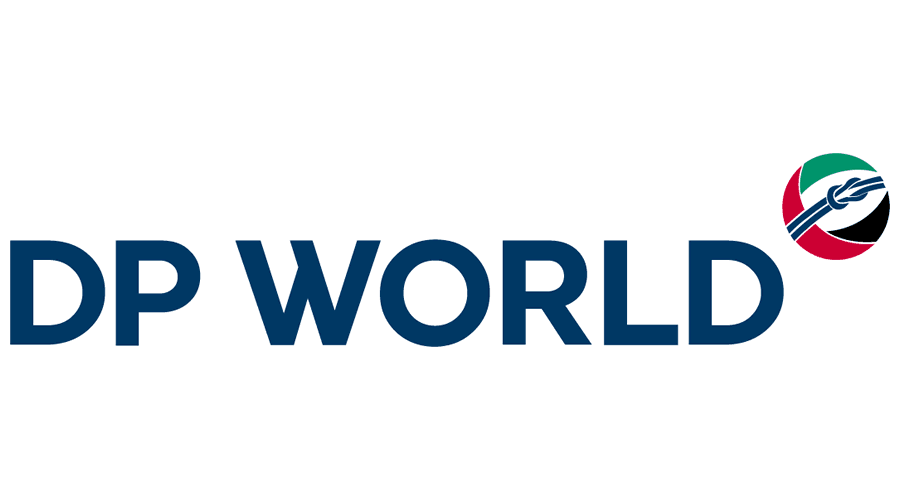
International Coach Federation (ICF) recently introduced Team Coaching Competencies that enable coach practitioners to set themselves apart in a crowded marketplace and demonstrate their value for organizational purchasers of coaching. This December 2020, ICF’s Team Coaching Competencies model has introduced a structured, clear, and organized model to understand the definition of team coaching and competencies that a team coach should possess. Here’s what you need to know about ICF Team Coaching Competencies as a coach.
What is Team Coaching?
As ICF defines, Team Coaching is partnering in a co-creative and reflective process with a team on its dynamics and relationships in a way that inspires them to maximize their abilities and potential in order to reach their common purpose and shared goals.
“Team Coaching empowers teams to work toward continued high performance and continuous development, requiring innovation, flexibility, adaptability, and goal alignment – all traits that coaching helps support.”
What is the purpose of the ICF Team Coaching Competencies Model?
Along with a clear, concise definition for Team Coaching, the model also addresses the unique concerns regarding Team Coaching ethics and confidentiality. To sum it up, the ICF Team Coaching Competency Model provides clear guidance for Team Coaches to carry out their work in accordance with the ICF Code of Ethics.
Is it the same as ICF Core Competencies?
The ICF Team Coaching Competency Model is designed to build upon and integrate with the ICF Core Competencies in team coaching contexts. No new competencies are required for Team Coaching beyond the eight ICF Core Competencies as per the ICF. However, several unique sub-competencies are outlined in this model in accordance with the Team Coaching. However, at the core of this practice remains the ICF Core Competencies, which provide the foundation for all coaching practice.
What are the differences between Team Coaching Competencies and Core Competencies?
A critical distinction between the ICF Core Competencies and the ICF Team Coaching Competencies is the nature of the client. In the ICF Core Competencies, the term “client” often represents an individual. In context to Team Coaching Competencies, the “client” is a team as a single entity, comprising multiple individuals.
Competency 1: Demonstrates Ethical Practice
Definition: Understands and consistently applies coaching ethics and standards of coaching.
- Coaches the client team as a single entity
- Maintains the distinction between team coaching, team building, team training, team consulting, team mentoring, team facilitation, and other team development modalities
- Demonstrates the knowledge and skill needed to practice the specific blend of team development modalities that are being offered
- Adopts more directive team development modalities only when needed to help the team achieve its goals
- Maintains trust, transparency, and clarity when fulfilling multiple roles related to team coaching
Competency 2: Embodies a Coaching Mindset
Definition: Develops and maintains a mindset that is open, curious, flexible, and client-centered.
- Engages in coaching supervision for support, development, and accountability when needed
- Remains objective and aware of team dynamics and patterns
Competency 3: Establishes and Maintains Agreements
Definition: Partners with the client and relevant stakeholders to create clear agreements about the coaching relationship, process, plans, and goals. Establishes agreements for the overall coaching engagement as well as those for each coaching session.
- Explains what team coaching is and is not, including how it differs from other team development modalities
- Partners with all relevant parties, including the team leader, team members, stakeholders, and any co-coaches to collaboratively create clear agreements about the coaching relationship, processes, plans, development modalities, and goals
- Partners with the team leader to determine how ownership of the coaching process will be shared among the coach, leader, and team
Competency 4: Cultivates Trust and Safety
Definition: Partners with the client to create a safe, supportive environment that allows the client to share freely. Maintains a relationship of mutual respect and trust.
- Creates and maintains a safe space for open and honest team member interaction
- Promotes the team viewing itself as a single entity with a common identity
- Fosters expression of individual team members’ and the collective team’s feelings, perceptions, concerns, beliefs, hopes, and suggestions
- Encourages participation and contribution by all team members
- Partners with the team to develop, maintain, and reflect on team rules and norms
- Promotes effective communication within the team
- Partners with the team to identify and resolve internal conflict
Competency 5: Maintains Presence
Definition: Is fully conscious and present with the client, employing a style that is open, flexible, grounded and confident.
- Uses one’s full range of sensory and perceptual abilities to focus on what is important to the coaching process
- Uses a co-coach when agreed to by the team and sponsors and when doing so will allow the team coach to be more present in the team coaching session
- Encourages team members to pause and reflect on how they are interacting in team coaching sessions
- Moves in and out of the team dialogue as appropriate
Competency 6: Listens Actively
Definition: Focuses on what the client is and is not saying to fully understand what is being communicated in the context of the client systems and to support client self-expression.
- Notices how the perspectives shared by each team member relate to other team members’ views and the team dialogue
- Notices how each team member impacts the collective team energy, engagement, and focus
- Notices verbal and non-verbal communication patterns among team members to identify potential alliances, conflicts, and growth opportunities
- Models confident, effective communication and collaboration when working with a co-coach or other experts
- Encourages the team to own the dialogue
Competency 7: Evokes Awareness
Definition: Facilitates client insight and learning by using tools and techniques such as powerful questioning, silence, metaphor, or analogy.
- Challenges the team’s assumptions, behaviors, and meaning-making processes to enhance their collective awareness or insight
- Uses questions and other techniques to foster team development and facilitate the team’s ownership of their collective dialogue
Competency 8: Facilitates Client Growth
Definition: Partners with the client to transform learning and insight into action. Promotes client autonomy in the coaching process.
- Encourages dialogue and reflection to help the team identify their goals and the steps to achieve those goals
To Conclude…
Team Transformation makes sure you learn everything in real-time – implement, practice, and apply ICF Team Coaching Competencies with your peers and coach trainer. Our adult-learning methods and team coaching techniques enable you to be more effective as a leader, individual, and coach.
